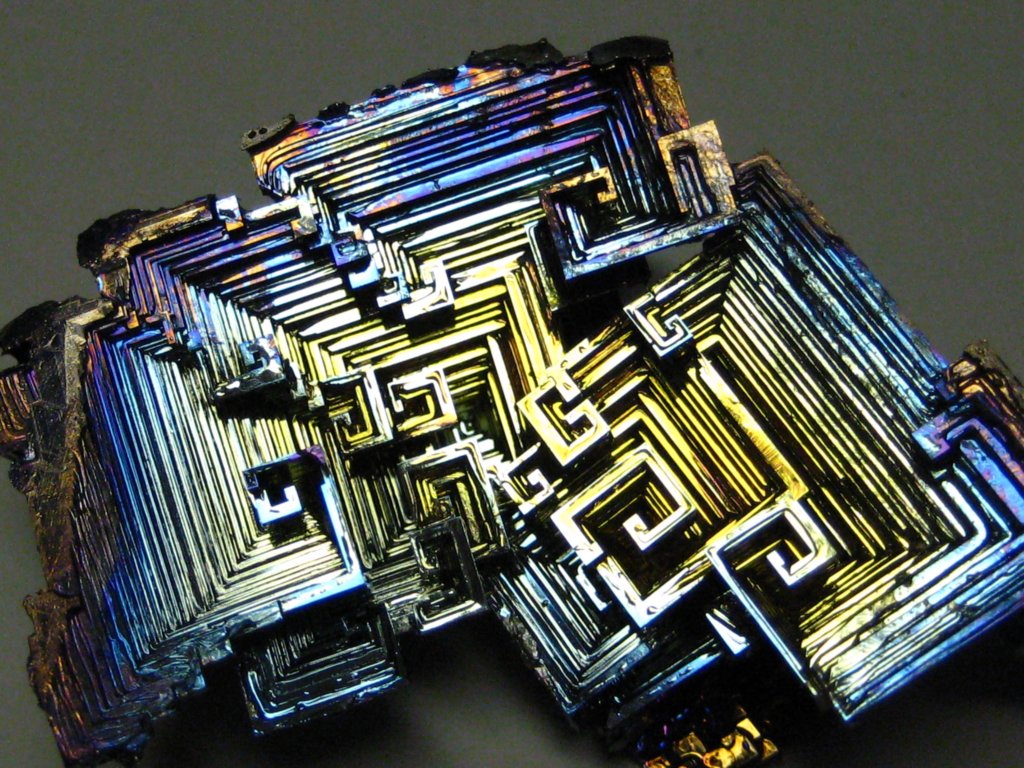Gold may have its uses, but it pales in comparison to almost all other elements in utility. That may change, but for the longest time, gold has been and is, in reality, pretty much worthless.
Working my way through the (hopefully) humorous news items of 2113, one of the themes lurking on the back burner of my mind was the idea that a big part of the difficulties of civilization is what I call The Storage Problem.
Not just storage for holding all of our shit that we create and collect in the built world, although that is a problem, but energy storage in all its forms: electricity, informational, monetary, political power, etc.
I suppose, in a general allegorical manner, it all boils down to informational, but the information can take many forms.
Consider the Malthusian problem of energy storage. With the advent of the modern age, circa 1848, we have seen constant acceleration in all areas of technology, or at least various leaps and bounds that approach, approximate, or exceed exponential growth -- save one, batteries.
If you look at a graph of battery development, it's near linear (thus the nod to Malthus, who saw trouble ahead with a trend in arithmetic growth in food production, and geometric growth in population).
 Starting with the crude lead acid battery (Gaston Plante, 1859), increases in energy density (kilowatts per kilogram) are pretty sad. It took a little less than one hundred years for the next advance, nickel cadmium batteries of the 1950s, to occur. A further forty years elapsed to get to lithium ion batteries. All the while, the best energy density of batteries - even today - is a thousand times less than that of gasoline.
Starting with the crude lead acid battery (Gaston Plante, 1859), increases in energy density (kilowatts per kilogram) are pretty sad. It took a little less than one hundred years for the next advance, nickel cadmium batteries of the 1950s, to occur. A further forty years elapsed to get to lithium ion batteries. All the while, the best energy density of batteries - even today - is a thousand times less than that of gasoline.Power utilizing electricity is clearly the way to go in terms of efficiencies, if only efficient means of transport or storage were available. Tesla's dream of transmitted power is a dismal failure - barring some wacky development out of left field. So we are stuck with hoping the trends in high temperature superconductors and increasingly powerful batteries and supercapacitors continue. (And interestingly, the biggest beneficiaries of these trends will be in the developed world, and good on them. Waiter, decentralized solar power for everyone!)
 |
| Image courtesy of www. amazingrust.com |
Well, actually, there is a battery that has about a million times the energy density of gasoline. Problem is, it is a nuclear battery, and it's not quite developed yet (certainly not the way plutonium thermoelectric generators have been developed). But the fact that the battery uses an unstable isotope of bismuth gets us to the topic at hand.
Hey, what else can bismuth do for you today?
How about bismuth for thermoelectric components? Currently, the material of choice is lead telluride, and bismuth telluride is another choice candidate, but tellurium is becoming increasingly scarce. And nanostructured bismuth shows promise as a thermoelectric material.
How about information technology. The current Holy Grail is the quantum computer. A quantum computer would immediately possess thousands to millions of times the processing power of classical computers. There are as many paths to get to this technology (quantum computers already exist, but are so horrendously expensive that only large corporations and government agencies can afford them). I have in the past speculated that near-Absolute-Zero applications make prime components for quantum or optical computers, but for widespread use, a room temperature approach is required. One such path are the so-called topological insulators (not a very good name, but basically a material that acts as an insulator in its interior bulk, but a conductor on its surface). One very promising candidate is an oxide of barium and bismuth, which acts as a superconductor as well.
And then there's bismuth ferrite for solar cells.
Oh my, is there nothing bismuth can't do? Well, it can't nationalize the banks, which is a still another storage problem.

No comments:
Post a Comment